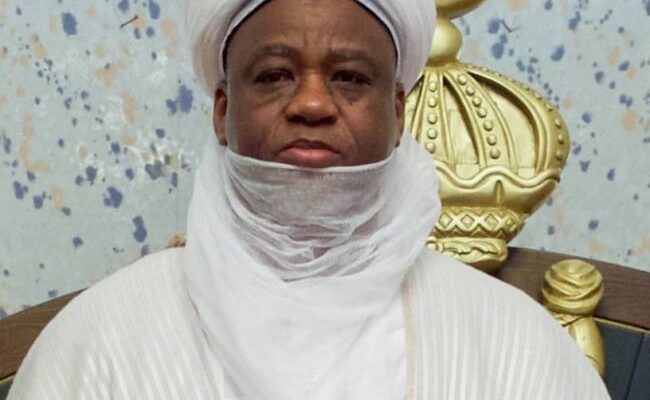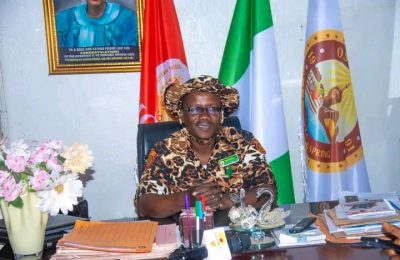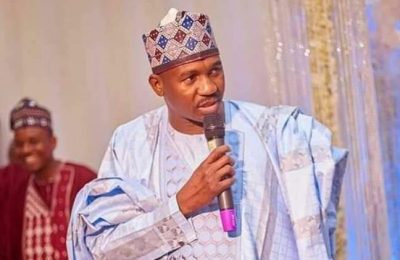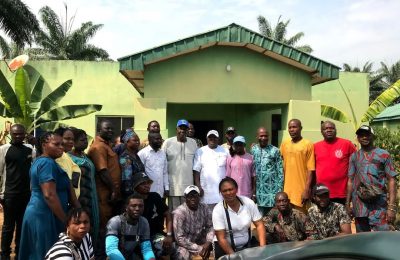THE Nigerian Supreme Council for Islamic Affairs (NSCIA) has advised the federal and state governments, the National Assembly and the political class to embark on trust building, extensive consultation and genuine dialogue as a way of deflating the current tension over the tax reform bills.
It also urged governments across the three tiers to prioritise food security and education in order to safeguard the immediate and ultimate wellbeing of the citizens.
The NSCIA gave the admonitions in a communique issued after the 10th meeting of its Expanded General Purpose Committee (EGPC) held on Sunday, 1 December, 2024, at the auditorium of the National Mosque, Abuja.
The apex Muslim organisation convened the meeting with a view to appraising the state of the ummah in particular and reflecting on the country in general.
The meeting, which was presided over by the President-General of the NSCIA and the Sultan of Sokoto, Alhaji Muhammad Sa’ad Abubakar, was attended by Muslim leaders across the country including the Deputy President General (South), NSCIA, Alhaji Rasaki Oladejo; the Etsu Nupe, Alhaji Yahaya Abubakar; the Secretary General of the NSCIA, Professor Is-haq Oloyede; the Deputy Secretary General of the NSCIA, Professor Salisu Shehu; the Secretary-General of the Jama’atu Nasril Islam, Professor Khalid Abubakar and the Executive Secretary of the Muslim Ummah of South West Nigeria (MUSWEN), Professor Muslih Yahaya.
Other eminent Muslims who attended the meeting also included ministers, representative of the National Security Adviser, Major-General Samad Akosede; members of the National Assembly, heads of military and paramilitary agencies, senior government officials, captains of industries, business moguls, youth and women leaders and other members of the committee.
In the communique signed by its Deputy Secretary-General, Professor Salisu Shehu, the NSCIA admonished Nigerians to be confident in a brighter future for the country and be grateful to Allah that though the situation requires improvement, it is not peculiar to the country and prayed Allah to grant Nigerian leaders the wisdom and guidance to make life more abundant for the people.
The council commended the Federal Government, traditional and religious leaders for what he called the remarkable decrease in cases of communal clashes across the country “which could not have been achieved without their critical roles at various levels.”
It said, “Nigerians are suffering due to the harsh economic climate and government at all levels should address the concerns of the citizens by making the environment more conducive to business in order to hasten the ease expected from the reforms.”
The organisation encouraged Muslims to get involved in harnessing economic opportunities that would boost their financial independence and explore innovative ways of empowering youths across the country.
It highlighted the relationship between mining and out-of-school children and urged Muslims to assist the government in curbing the activities of illegal miners in different parts of the country;
The NSCIA reaffirmed its 1986 resolution that the only accredited agency for organising national musabaqah (national competition on Qur’anic recitation), on behalf of the ummah of Nigeria is the Centre for Islamic Studies, Usmanu Danfodiyo University, Sokoto.
“No other person or group of persons is allowed to hijack the process or undermine the authority of the center on the issue of the musabaqah,” it emphasised.
The organisation expressed gratitude to the members of the Federal Executive Council and the National Assembly who attended the meeting.
The council commended the National Security Adviser, Malam Nuhu Ribadu, for the explanation provided on the new tax reform bills and the opportunity the presentation provided for the Muslim leaders to critically engage with the bill at the meeting.
The council equally thanked the leadership of the ummah, the secretariat and members of the EGPC for their contributions to the success of the meeting.
READ ALSO: Tax reform bills: Framework to check abuse of VAT spending in place — Presidency








